- Jobs
- Candidates
- Candidates
- Candidate Services
- Candidate Testimonials
- Employers
- Employers
- Employer Services
- Client Testimonials
- Specialisms
- Executive Interviews
- Podcast
- News & Insights
- News & Insights
- News & Insights
- Events
- About
- Login / Register
Social
The bastion
of people-first
recruitment
Specialising in Finance & Accountancy, Human Resources, Procurement & Supply Chain, Operations, and Technology & Transformation recruitment at the mid to senior level.
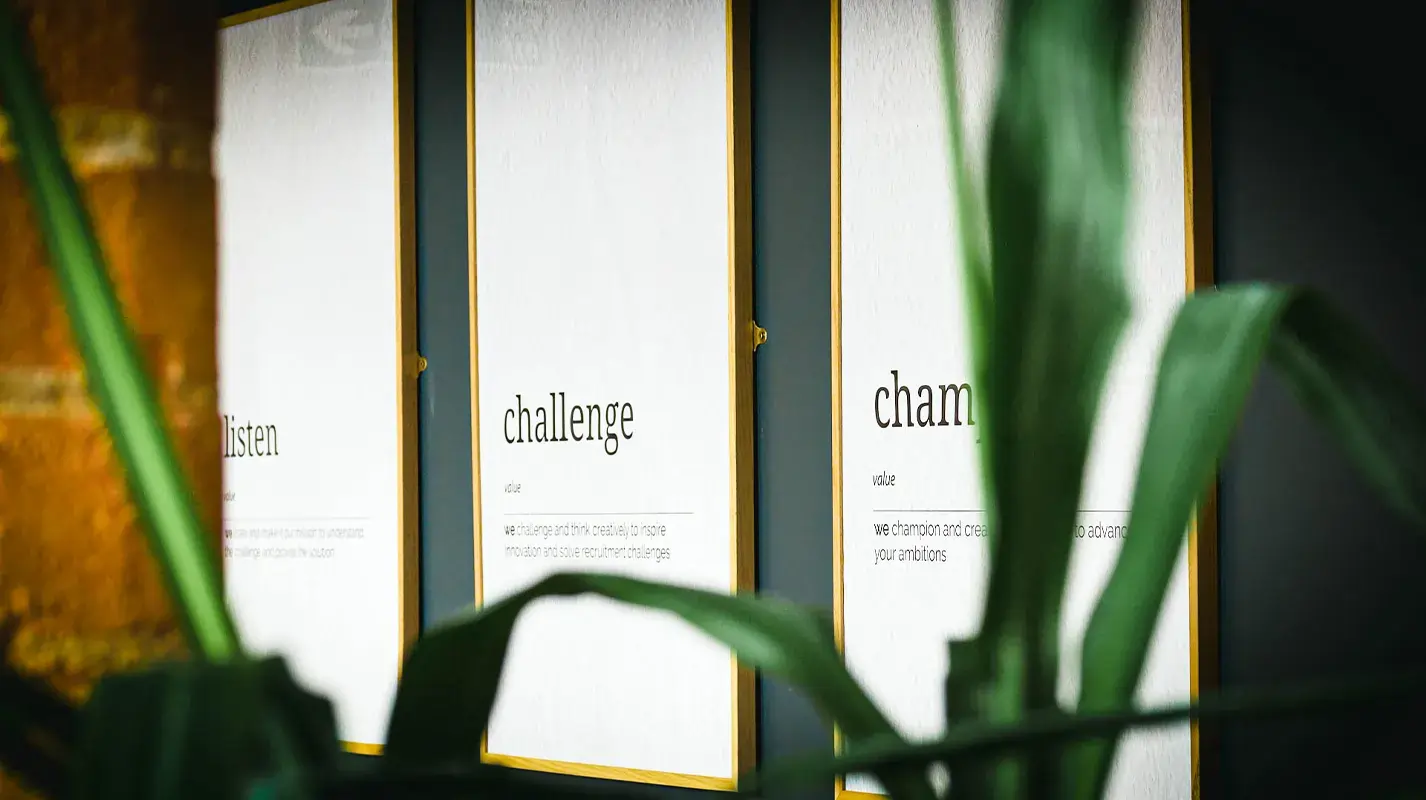

Meet our team
With our people-first approach to recruitment, we listen to your needs, challenge you to advance your ambitions, and champion the right fit.

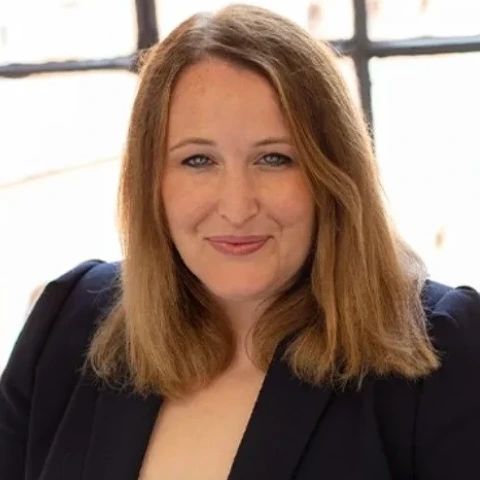
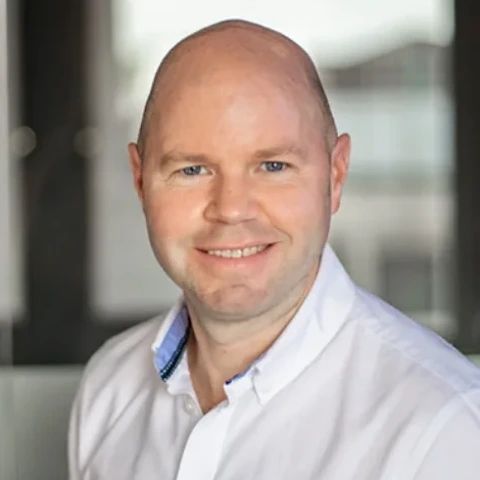
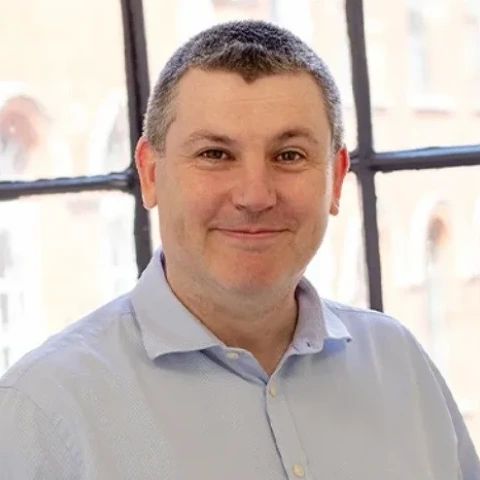

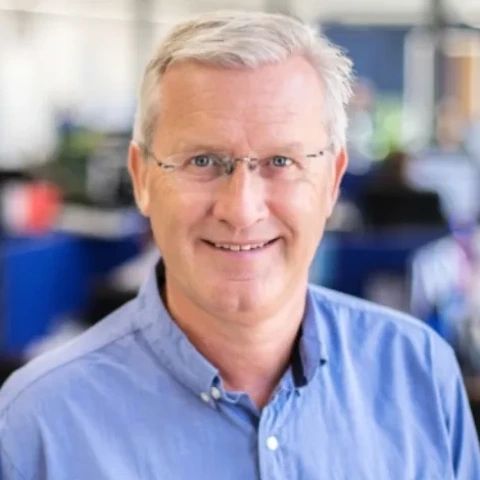
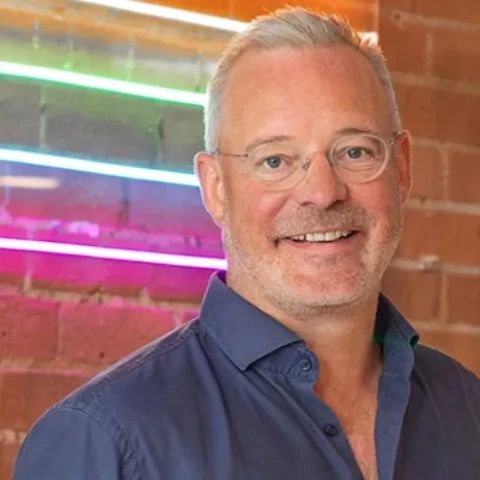
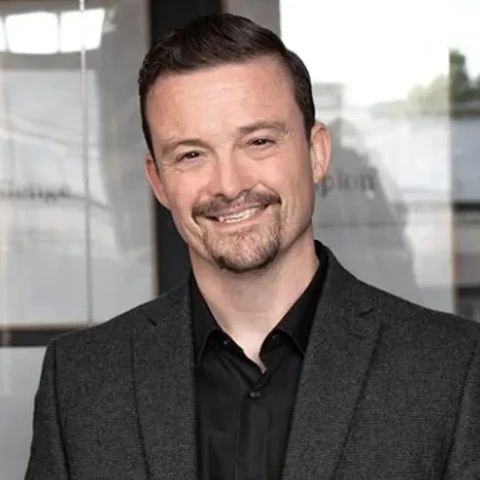





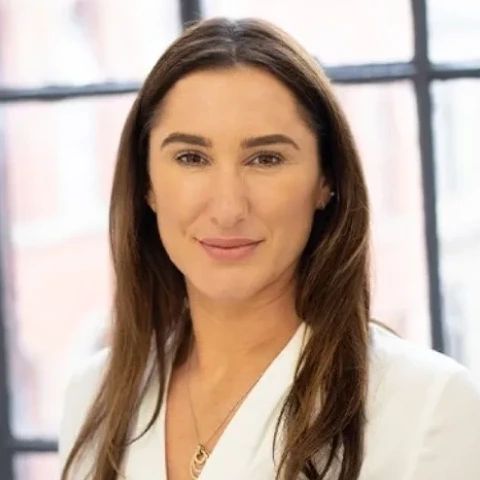


















Our specialisms
We work with organisations across Switzerland, the Netherlands, and the Nordics on their professional services requirements. Our teams specialise in mid to senior appointments within the following disciplines:
Executive Interviews

Cristobal Montero - Chief Financial Officer at SPD Swiss Precision Diagnostics


Lennart van Bolderick - Chief Financial Officer at Super B
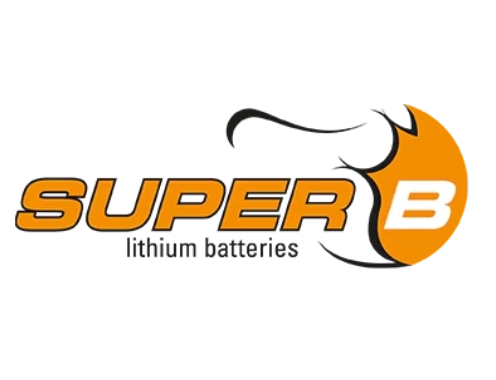
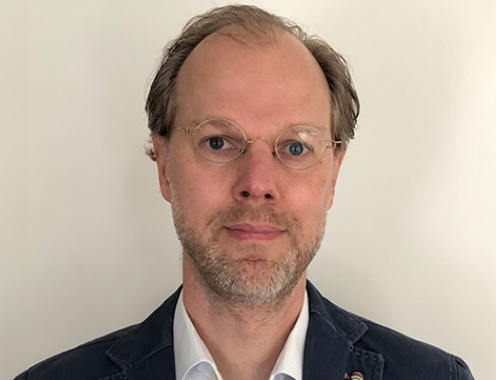
Erik van 't Hof - Finance Director at Royal Agrifirm Group
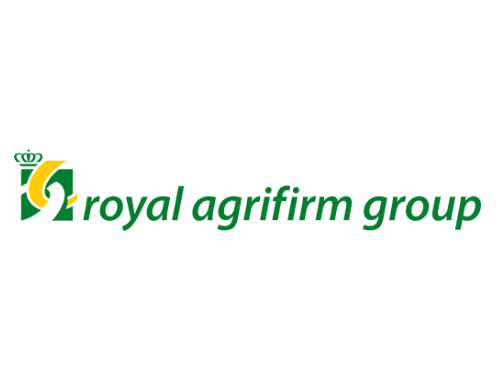

Floor van Griensven - Chief People Officer at Trivium Packaging
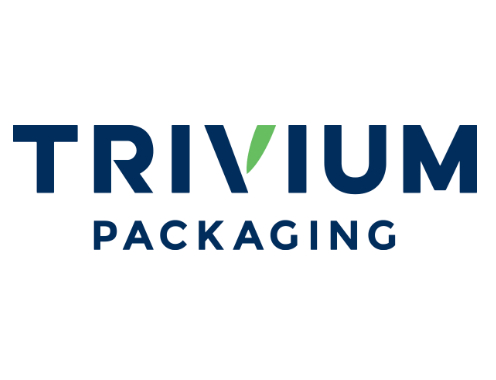
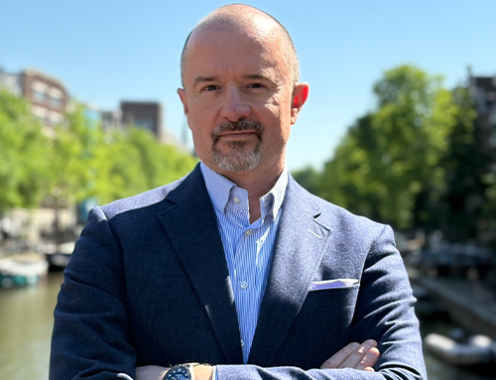
Maciek Mikucki - Managing Director and former Group CFO at Polpharma Group BV

Donna Avellana Künzler - Head of Procurement Process Excellence & Digital Transformation at ABB
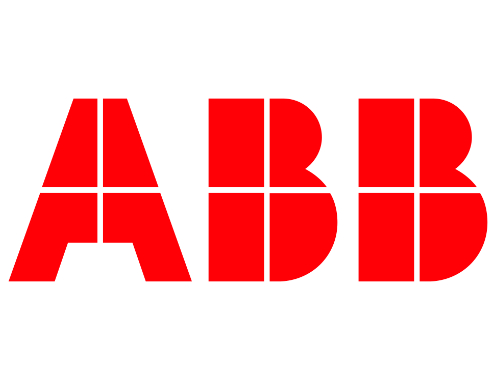
EMEA podcasts
The EMEA Recruitment podcast welcomes guests from across our network and beyond to share their career journeys, advice, and inspirational stories.
The Hidden Dangers of ESG Strategic Ignorance - Nicolas Carrera & Dr. Aleksandra Jancikova
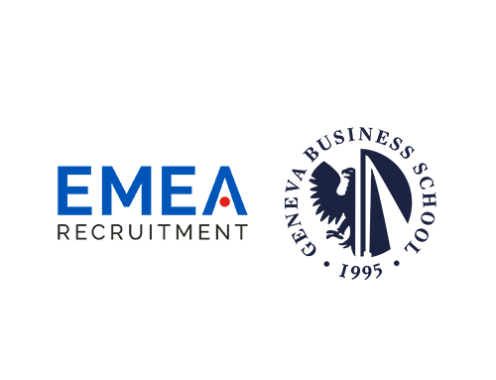
EMEA Recruitment is proud to present the second instalment of our limited series, Conversations with Finance Leaders, in collaboration with Geneva Business School. These episodes will bring you the
We were honored to welcome Martin Zemp, CFO Europe at Caldic, onto the EMEA Recruitment podcast. “The consciousness of the environment helps all of us. The conversation should start with asking q
We were pleased to welcome Thomas Haeny, Global Head of Finance at Ypsomed Diabetes Care, onto the EMEA Recruitment podcast. “A strategy is only as good as its execution, and the execution is onl
Latest Insights

Supply Chain Networking: Neil Cope Joins CSCMP Roundtable Switzerland Board

How to Create an Inclusive Hiring Process - Case Study

The Strategies you need to Develop Innovative and Diverse Teams – Executive Insights

How to Reduce Bias in the Hiring Process – Executive Insights

5 Steps to Building Diverse Teams – Executive Insights

Market Trends: Inside Shared Service Center Recruitment
Add New Saved Search
Add Blog Alert
Reset Password


Before you continue to the site
Our website uses cookies, including cookies from our partners, to ensure proper functioning and performance, improve your user experience and analyze traffic. Consult the cookies policy.
You can make your choice below and modify them at any time by going to 'Cookies' in the website footer. Your choices are kept for 6 months.
Customize your cookie choices
Below is a list of cookies on our website. You can accept or refuse the use of cookies by purpose (which implies the acceptance or rejection of all cookies concerned by this purpose). Consult the cookies policy.




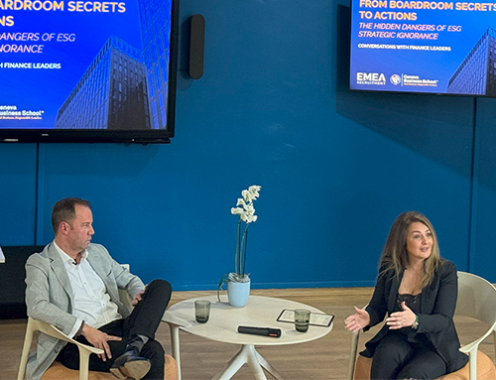
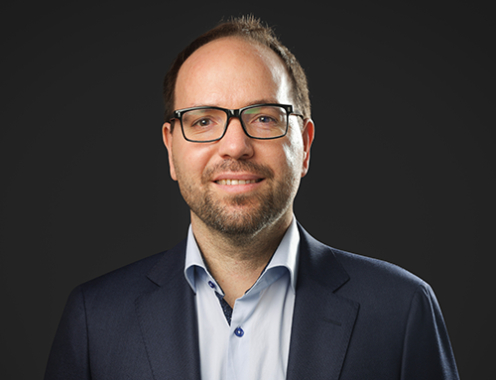
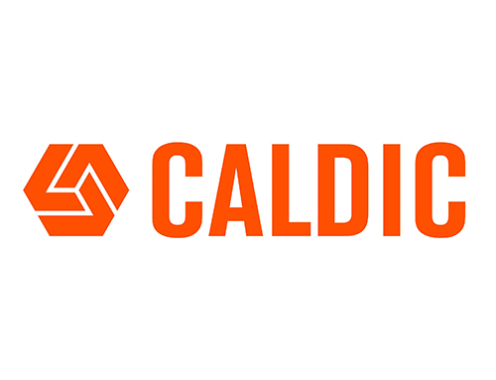
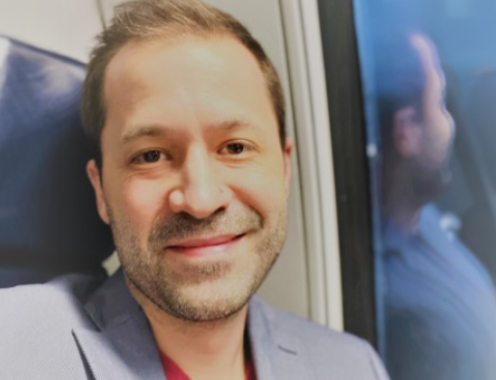

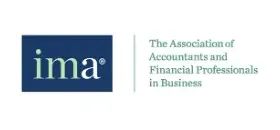

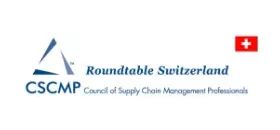
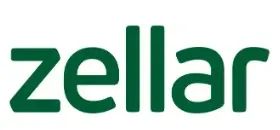
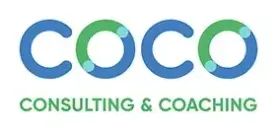
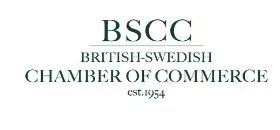
You can also use your social account to sign in. First you need to:
Accept Terms & Conditions And Privacy Policy